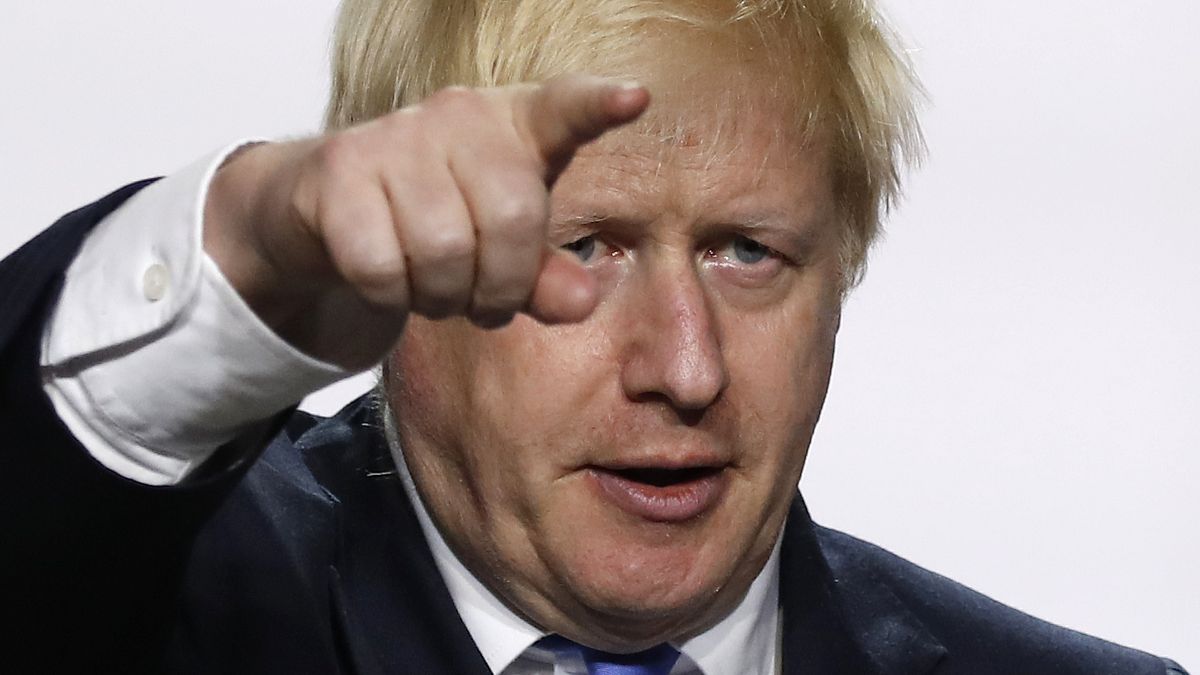Having fully disengaged from the European Union, Britain's prime minister plans to use the G7 summit of advanced economies to promote a different kind of global collaboration
Britain’s hope for this summer is to host the first G7 summit in two years where the leaders actually shake hands.
The annual event bringing together leaders from the world’s most advanced economies was, like just about everything else, forced into videoconferencing sessions in 2020 because of the global pandemic.
But UK Prime Minister Boris Johnson has high hopes that the June 11-13 summit in Cornwall, southwest England, will mark a return to normality.
Handily, the region has had some of the country’s lowest infection rates throughout the coronavirus crisis — which reduces the likelihood of a last-minute cancellation.
Health issues will dominate this year’s agenda.
British officials say they want the world’s richest economies to help deliver a more effective global response to the pandemic.
They add too that they have plans to ensure the global community is better prepared for health emergencies in the future — for example, by sharing information on clinical trials.
"I've been personally frustrated to find clinical trials in different countries not recognised by each other," Health Secretary Matt Hancock told a Chatham House panel on Tuesday, "because the data and insights can't be properly integrated across national boundaries because of a lack of coordination in how they're set up."
He added: "There is absolutely no reason for the differences in trial structure but they delay findings and so cost lives.
"That lack of transparency has to end — we're all human, after all."
The UK government also says it wants global leaders to commit to ensuring everyone has access to COVID-19 vaccines and treatments.
But Johnson has ambitions for this summit beyond health issues.
G7 summits conventionally attract eight main players: the leaders of Canada, France, Germany, Italy, Japan, the UK and the United States, plus the European Union.
This year’s summit will also be attended by heads of government from Australia, India and South Africa, part of the British prime minister’s plans to intensify cooperation between the world’s “democratic and technologically advanced nations”.
He reportedly wants to replace the G7 with a “D10” group made up of what he terms the ten leading democratic nations (the current G7 members, plus South Korea, India, and Australia), but so far there is little sign of the model lasting into next year when Germany becomes the host country.
One country that will not return any time soon is Russia, absent from the annual summits since its 2014 annexation of Crimea despite former US President Donald Trump’s hopes of bringing Vladimir Putin back into the fold.
But observers should nonetheless expect plenty of language about international unity and cooperation around this summit: it is, after all, Johnson’s first opportunity since his country left the European Union to put his plans for a “Global Britain” into practice.
